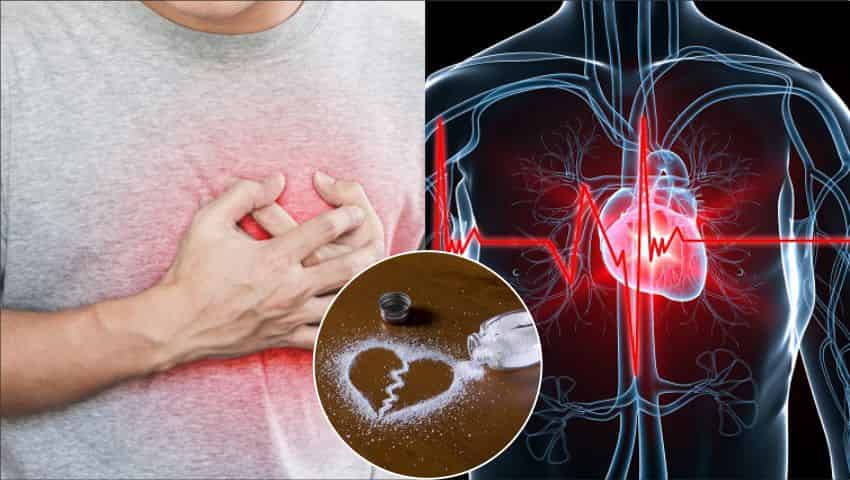Sodium is essential as it maintains a right balance of fluids in the body. It is also important for nerve and muscles functions.
The kidneys regulate the amount of sodium in the body. When sodium in the body is less kidneys conserve sodium and when the levels are high they excrete excessive sodium in the urine. In patients of chornic heart failure, cirrhosis and chronic kidney diseases kidneys are unable to regulate sodium.
HOW MUCH SODIUM IS NEEDED PER DAY?
In adults 1500-2400 mg sodium is needed per day. In people who are above 50 years or who have high BP, chronic kidney diseases or diabetes mellitus they have to limit the amount of sodium in the diet.
Sources of sodium : –
- Processed and prepared foods i.e. canned vegetables, soups, frozen foods and meat etc.. Here sodium containing compounds are used to preserve food.
- Sodium containing condiments as in sauces etc.. 1 teaspoon full (5ml)of table salt contains 2,325mg of sodium.
- Natural sources of sodium i.e. meat, dairy products, poultry and vegetables. All these have some sodium in them.
HOW IDENTIFY SODIUM IN FOODS?
Tasting the food may not tell which food is high sodium content. So to determine the sodium content, it is advised to read food labels which can be salt of sodium containing compounds : –
- Monosodium glutamate (MSG)
- Baking soda
- Baking powder
- Disodium phosphate
- Sodium alginate
- Sodium nitrate or nitrite
HOW TO CUT SODIUM?
It is always good to have the right amount of sodium in the diet so we should limit the use of sodium by several ways.
- Eat more fresh food and fewer processed foods.
- Opt for low-sodium products.
- Limit your use of sodium salads, sauces, ketchup etc. all contains sodium.
- Use of herbs, spices to prepare food, so as to enhance taste.
- Use of salt substitute i.e. light salt contain a mixture of table salt and other compounds. Some have potassium chloride. Excessive use of these salts can also increase sodium and potassium in the body. So they should be used with caution.

